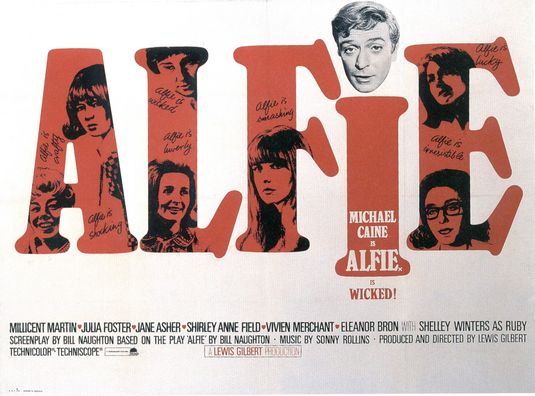We all know
Fight Club. We've read the book, seen the movie. So I won't babble endlessly about this movie's plot or how much I adore H.B-C. This isn't our regular movie review: I want to babble on about its meaning.
Noticed this whole philosophical aspect of Fight Club? If you think it is just the context of the movie, or pure chaotic anarchy, think again (or for the first time). All that fighting is actually a metaphor for self-transforming radicalism. As I was watching the movie (for the second time on the same weekend) my mind went into overdrive with some real-life practical examples that could have used the simple voice over instructions and, voila, problems solved. Okay, maybe not quite like that. Let us take a step back:
“Nothing is static. Even the Mona Lisa is falling apart. Since fight club, I can wiggle half the teeth in my jaw. Maybe self-improvement isn’t the answer … Maybe self-destruction was the answer.”
Tyler's notion might be difficult to digest, especially if you take it literary. Don't panic (mom!), I am not suggesting ones implosion as the answer. I believe that obliteration of self is necessary to improvement. But not in a self-mutilating or any real damaging behavior - those I leave to the ever-growing teen cult of overgrown bats "I am Jack's inflamed sense of rejection" kind of people. I prefer a more oriental approach - very in nowadays. Deconstructing your world - around you and within you - through analysis can greatly improve your awareness of self and, consequently, your life. Meditation, self-examination, reflexive thinking. What distinguishes the Zen from the rest of the dogma is a stressing of sudden enlightenment, an emphasis on the here and now. At one point in life, every man is capable of reaching a sudden realization, an enlightenment, which will allow him to grow. We see Tyler's journey. What is it if not his search for himself? For growth? For enlightenment?
The solution lies in self-deconstruction. While Fight Club espouses self-destruction and adopt the promise of enlightenment through nihilism and emptiness, it’s the removing of layers that allows for growth. Self-improvement is, in fact, masturbation.
My generation, and frankly I am leading this herd, living in this media-saturated contemporary circus, has accepted base distraction with open arms. We want to be distracted from our miserable existences. We delude ourselves willingly to avoid having to deal with our own issues. And when we choose to finally face them, we too often half-ass it, preferring to not actually fix anything and just distract ourselves with trifling. End results are often chaos.
“Only after disaster can we be resurrected,” writes Palahniuk. To improve oneself, it doesn’t take a self-help book, psychological help, structure or distracting externalities. A dedicated, consistent approach to self-awareness and, accordingly, self-deconstruction are the answers. While not exactly the best basis for a life-changing philosophy, Fight Club still gets a few things right. It is a dialectic trip of two opposite takes on life in a rather
Thus Spoke Zarathustra resemblance.
“It’s only after you’ve lost everything, that you’re free to do anything.” Ditto.
For additional reading:
Fight Club and the Culture Industry: Alienation, liberation, and revolution fantasy
Footnote #1: I could actually deconstruct this whole movie and find hidden meanings and symbolism in all scenes - not that they would be accurate. I drew my line when my mind began associating soap with cleansing one's soul. And brain tumors with diseased spirit. (House, anyone?). Yeah. Let's not get carried away now.
Footnote #2: I am a cynical. I did not think the movie was overly violent. I wasn't shocked by blood or language and can't really understand what all the fuss was all about back in 99. Alas, I've been corrupted by society...?









